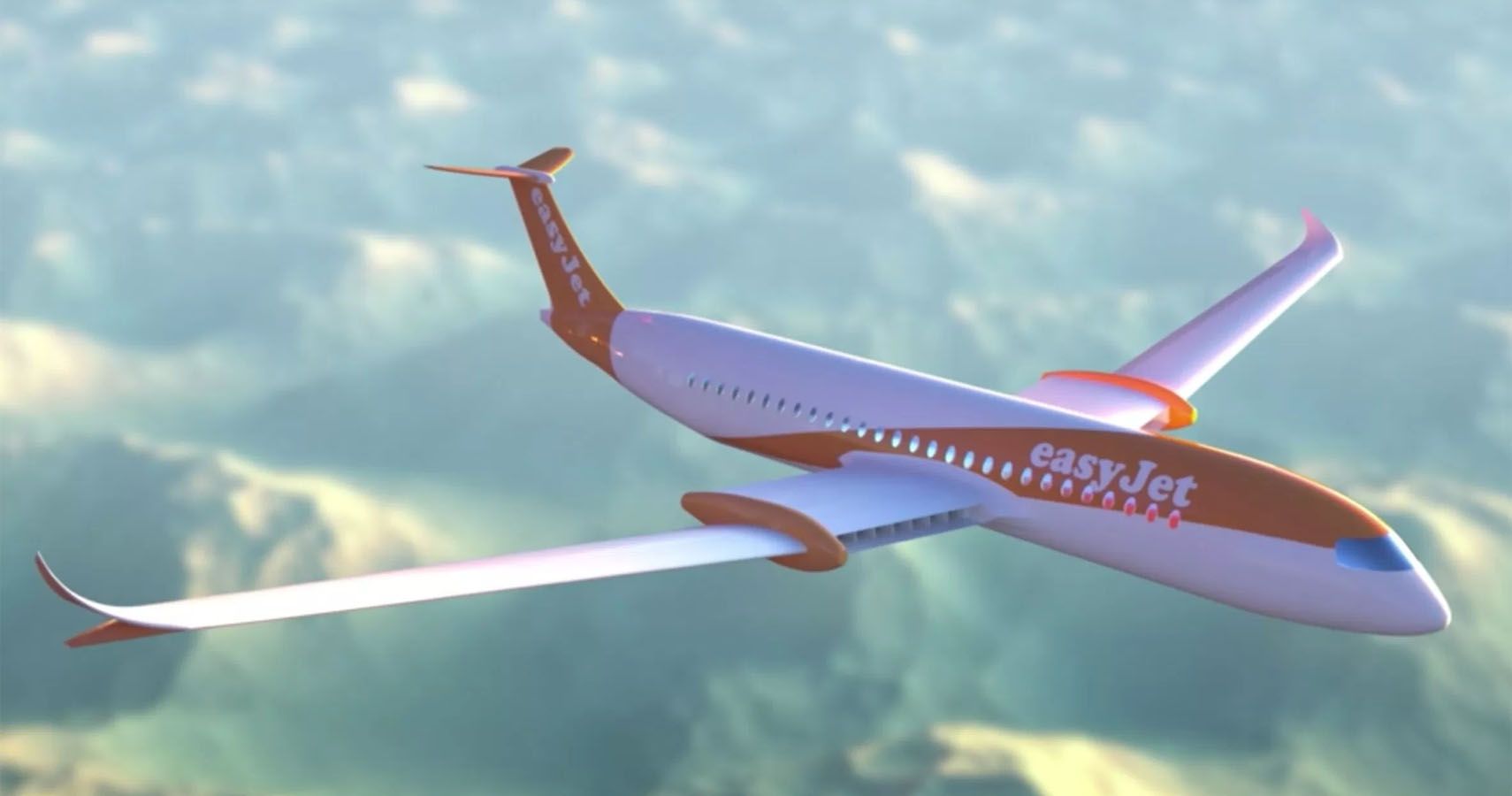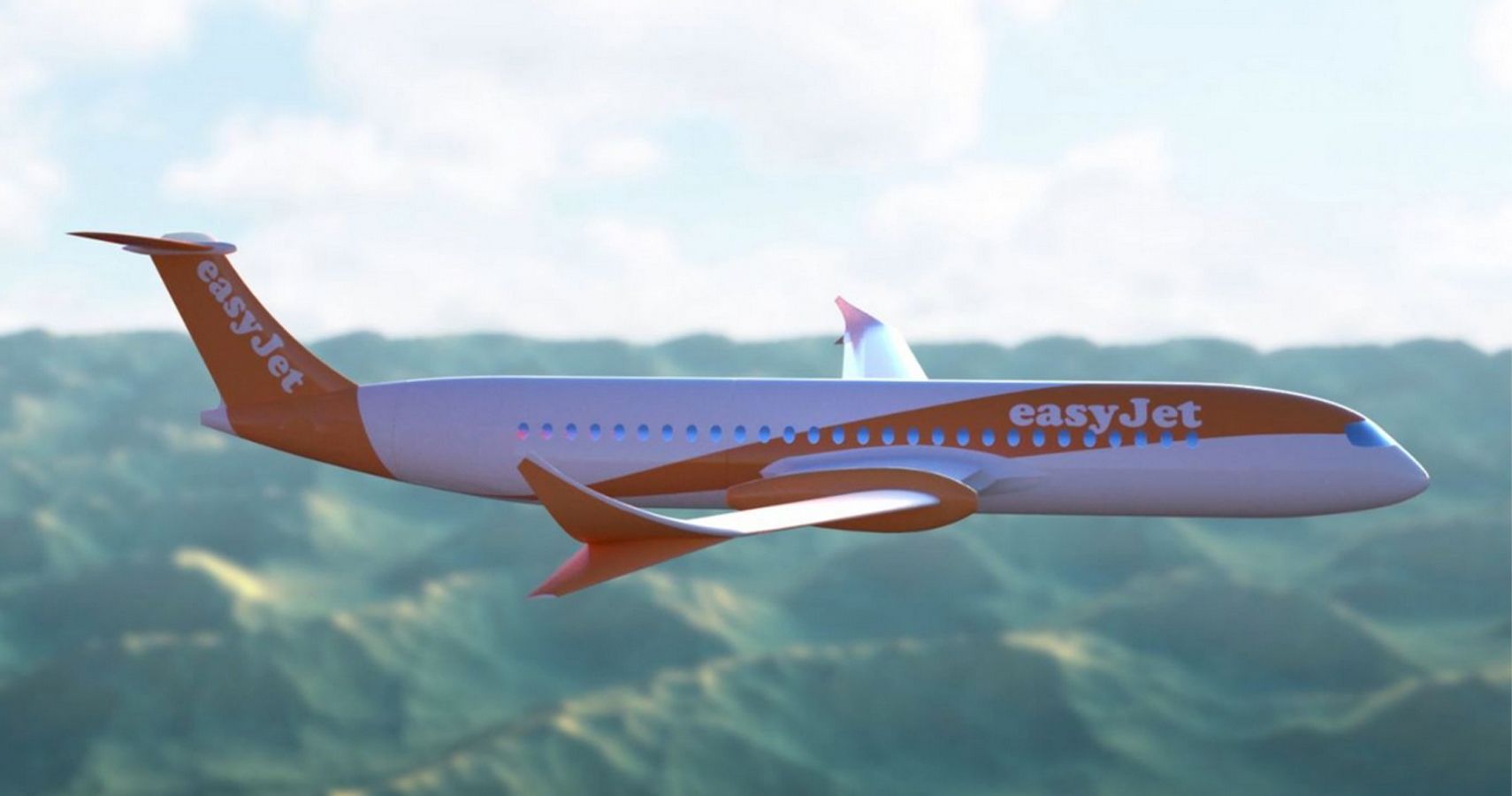EasyJet, the UK-based low-cost airline has announced its determination to create and fly a fleet of electric-powered aircraft for short runs by 2030.
A fossil fuel-free alternative to air travel may be as feasible as plugging in if one British airline gets its way.
It's already joined forces with Wright Electric in the US to create such carriers that would be battery-powered. For now, they'll be designed to provide about two hours of flight time, which won't be enough for trans-Atlantic junkets but will play some part in reducing carbon emissions and cutting down on noise pollution.
Wright's been in business for only two years, but already it's created an electric two-seater and is applying for a patent on an electric motor powerful enough for a plane capable of seating nine passengers and have four times the power of its dual-occupancy predecessor.
PREVIOUSLY: MISSOURI AIRPORT EMPLOYEE FALLS ASLEEP IN PLANE'S CARGO HOLD, WAKES UP IN CHICAGO
A nine-seater wouldn't be big enough for EasyJet to realize a return on its investment since the company's fleet is mostly comprised of Airbus A319-100 planes, which carry some 160 passengers. But if the nine-seater has enough power to carry a human cargo on a flight from London to Amsterdam, it may only be a matter of time before larger electric planes could duplicate that feat. Testing on the nine-seater, designed by personnel with previous credentials garnered at Boeing and the US Department of Defense, will begin in 2019, with hopes of the craft entering commercial service by 2020.
Wright is also designing a much larger plane to be only half as noisy as its jet counterparts and roughly 10 percent cheaper to buy. Considering the rising cost of fuel, EasyJet's purchase of the craft, once they're airworthy, will make it easier to justify a return on such an investment.
However, Wright isn't the only firm with battery-powered planes in its sights. U.S. aircraft developers Zunum Aero, backed by Boeing, will use an engine turbine from France's high-tech company Safran to power an electric motor for a hybrid plane. German engineering company Siemens is already working with the engine department of Rolls-Royce and Airbus to create a hybrid plane that could be in service as early as 2020.
READ NEXT: COUPLE IS DENIED ENTRY TO BALI AFTER DOG CHEWED ON PASSPORT, RUINING THEIR HONEYMOON


